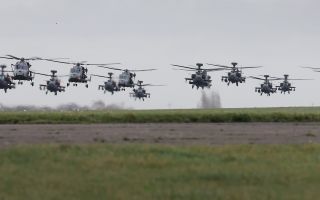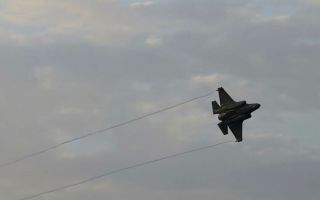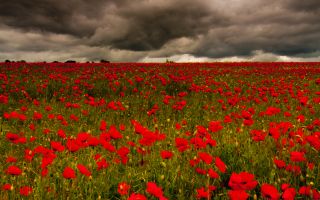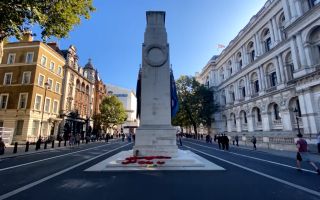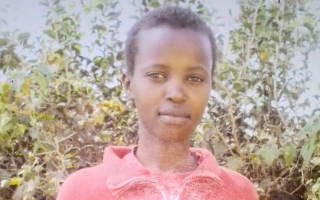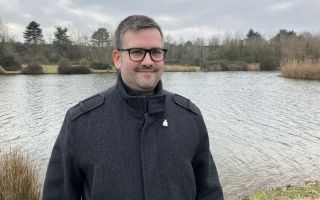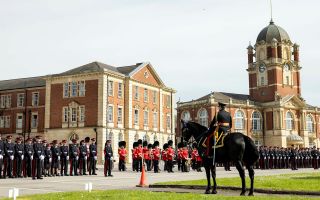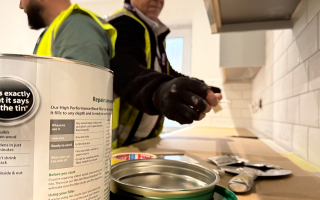Tri-Service
Comment: Putin, The Pope And The Syrian Tragedy
Today is the United Nations Day of Peace. It is the day the UN Secretary General says "stop the killings and the destruction, and create space for lasting peace." What Ban Ki-moon would like to see is an end to the 16 major wars in the world, that between them claim around 200,000 lives a year.
The UN says it would be a good idea to halt the wars during this Day of Peace. Maybe the nearly 40 states or factions at war do not get the Secretary General's Good Luck Peace cards.
But in one particular area of conflict, Syria, there is at least public demonstration of trying for a fix - however unlikely that is. Because this week, the world goes to New York and the General Assembly of the United Nations. It is the time when heads of government give speeches to the UN and talk of rights and wrongs.
On Friday the Vatican flag will fly outside the UN Headquarters, an unusual event because the Vatican is not a member of the United Nations. It is there on the day that the Pope will speak to the 180 or so delegates on his mood for peace, his hope for a world without hunger and his belief that it is possible for sides bitterly opposed to come together. It is more than a Have A Nice Day speech. The influence of the Holy Father should never be underrated - even Nikita Khrushchev admitted that, following papal intervention in the 1962 Cuban Missile Crisis.
But the focus at the end of this week is on the seemingly intractable civil war in Syria.
The man with considerable influence who will be most carefully listened to is President Vladimir Putin of Russia. He has, or so we are led to believe, a plan to change the course of the war and to set a proper battle against Islamic State (IS) - all in one.
Mr Putin thinks he understands the weakness of the so-called Western Position. He believes that some allies of the United States are coming round to the idea that under America's bidding they were too eager to jump into the war against Assad.
The Russian leader believes that after four years bloodletting, allies of the US believe that the rebel leaders are not to be trusted, that there is questionable common leadership among them and that should they ever overthrow Assad then little would achieved but another Libya.
Putin on the other hand is building a military stronghold in Syria in support of Assad. Such a move has not been seen since the Soviet Union in the 1970s when the Kremlin had a similar arrangement with Egypt's President Anwar Sadat. The fact that the pact broke down and that the Soviet Union troops were told to leave matters not in the existing circumstance. Vladimir Putin is in. Without him and Iran, Assad would be done for.
Mr Putin's outline for his speech at the UN is that it would be best to support Assad and then bend a combined force against IS. That could even, initially, mean Assad falling back on the Western Provinces of Syria, regrouping and then launching a combined land-air operation on IS. Putin's generals even see this as a combined operation with the counter-IS conflict in Iraq.
The present state of US and UK thinking, plus the support of other allies including Australia who have joined the bombing campaign against Assad's forces, is that it would be an unacceptable about face. It is not even certain that the American President Barack Obama will meet with Putin.
More from Forces.tv: Comment: The New Cold War Has Already Begun
It might be remembered that the coming weekend in New York is a major part of the 70th anniversary of the signing of the UN Charter. Vladimir Putin, who has not visited the UN General Assembly for ten years, understands the symbolism of the event. It will give him an opportunity to grandstand his plan (at home as well as abroad) and with it he hopes to get some of the adverse diplomatic and world opinion off his back.
The Russian president believes his master plan is such an obvious solution to the Syrian war. He understands also that the war is part of the great scheme to realign the 20the century origins of the Middle East and now the imagery of Sunni versus Shia. In this case Putin supposes the whole region is used to surviving by undated compromise and volte face and therefore his position has more support than publicly demonstrated.
In short, we may not see the results of public and backstairs meeting at the end of this week. But it will not be a time to write off those rarely understood meetings in the margins that mean so much at the General Assembly.
Mr Putin will need credible allies and so far there is none. His people are hoping to put together a meeting with someone they may just rate more than Barak Obama on this occasion. Putin wants the support of the Pope.
The pontiff will be briefly at the UN. But Pope Francis is not going to get involved in a very possible public failure as the Syrian tragedy.
The Pope will speak on Friday. Mr Putin is due to arrive on Sunday. The Pope will not wait for the Russian President.
All a macabre political gavotte? Maybe. But the reality is that somewhere between them all is the start of an effort get people talking in this dreadful war. One thing's for sure it'll not be a mundane UN General Assembly.
Christopher Lee is the BFBS Defence Analyst. He can be heard on Sitrep, the only weekly radio programme and podcast focussing on the big issues in Defence.


